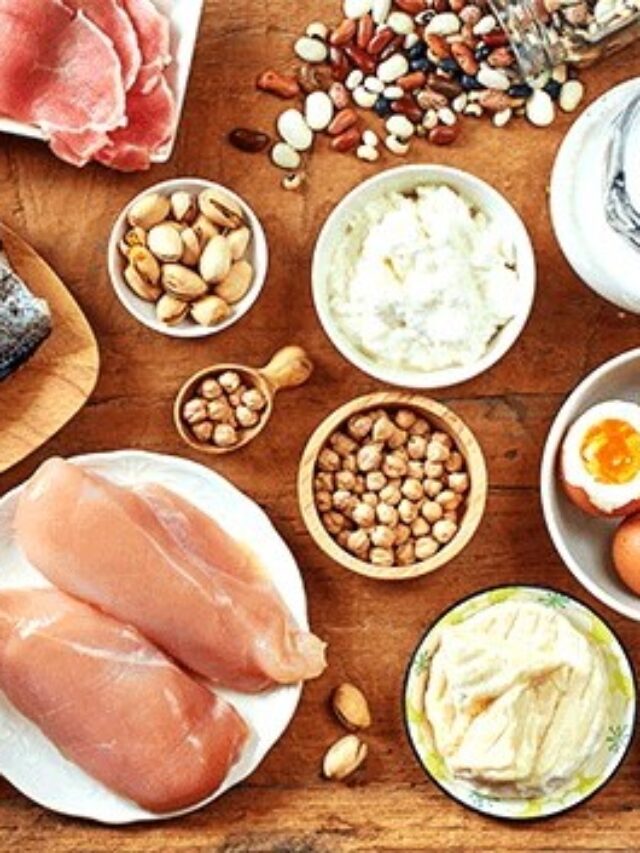top 10 Japanese foods keeps your health and skin young.
Japanese foods offers a variety of dishes that are not only delicious but also rich in nutrients and antioxidants, which can contribute to overall health and vitality. While there’s no guarantee that any specific food will keep you young, here are ten Japanese foods known for their potential health benefits. to reduce your age appearance with healthy skin you may follow these Japanese foods :-
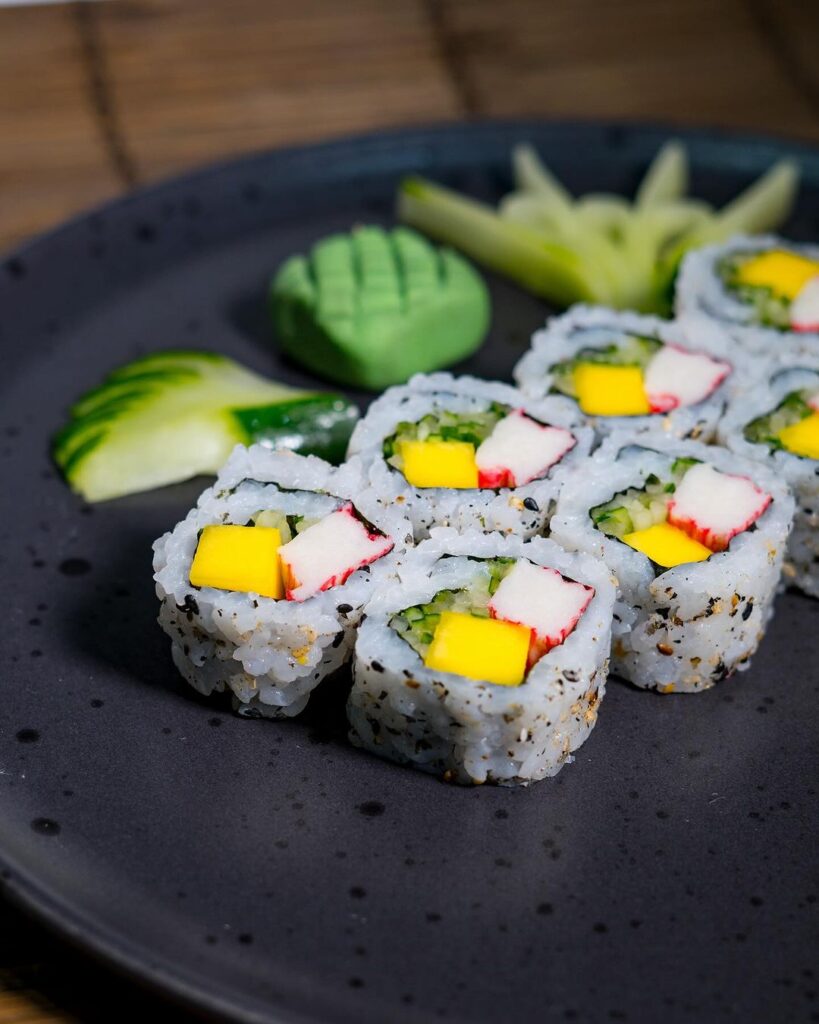
Here are top 10 Japanese food
- Natto: It is a traditional Japanese food natto , Fermented soybeans rich in vitamin K2, which supports bone health and may contribute to cardiovascular health. It is often served as a breakfast food with rice. It is served with Karashi mustard, soy or tare sauce, and sometimes Japanese bunching onion .
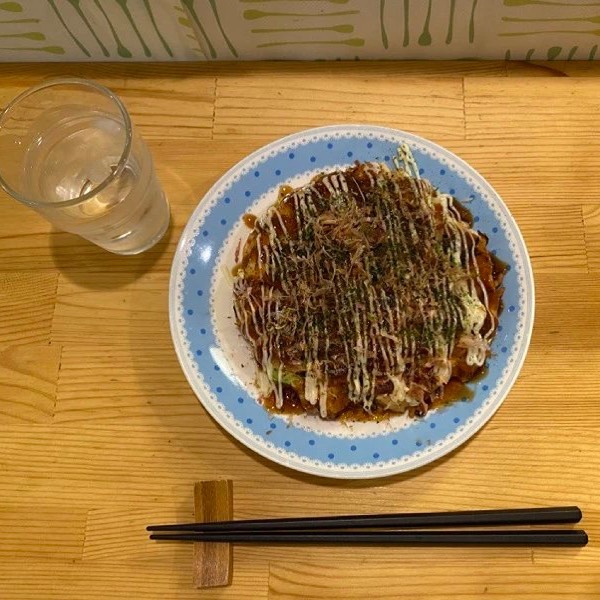
- Green Tea: it is most consumable beverage drink for weight loss over world. High in antioxidants called catechins, which have been linked to various health benefits, including improved brain function and a reduced risk of heart disease.

- Sashimi : this Japanese food consisting of fresh raw fish or meat sliced into thin pieces and often eaten with soy sauce. Fresh raw fish packed with omega-3 fatty acids, protein, and other nutrients that promote heart health and may have anti-aging effects.
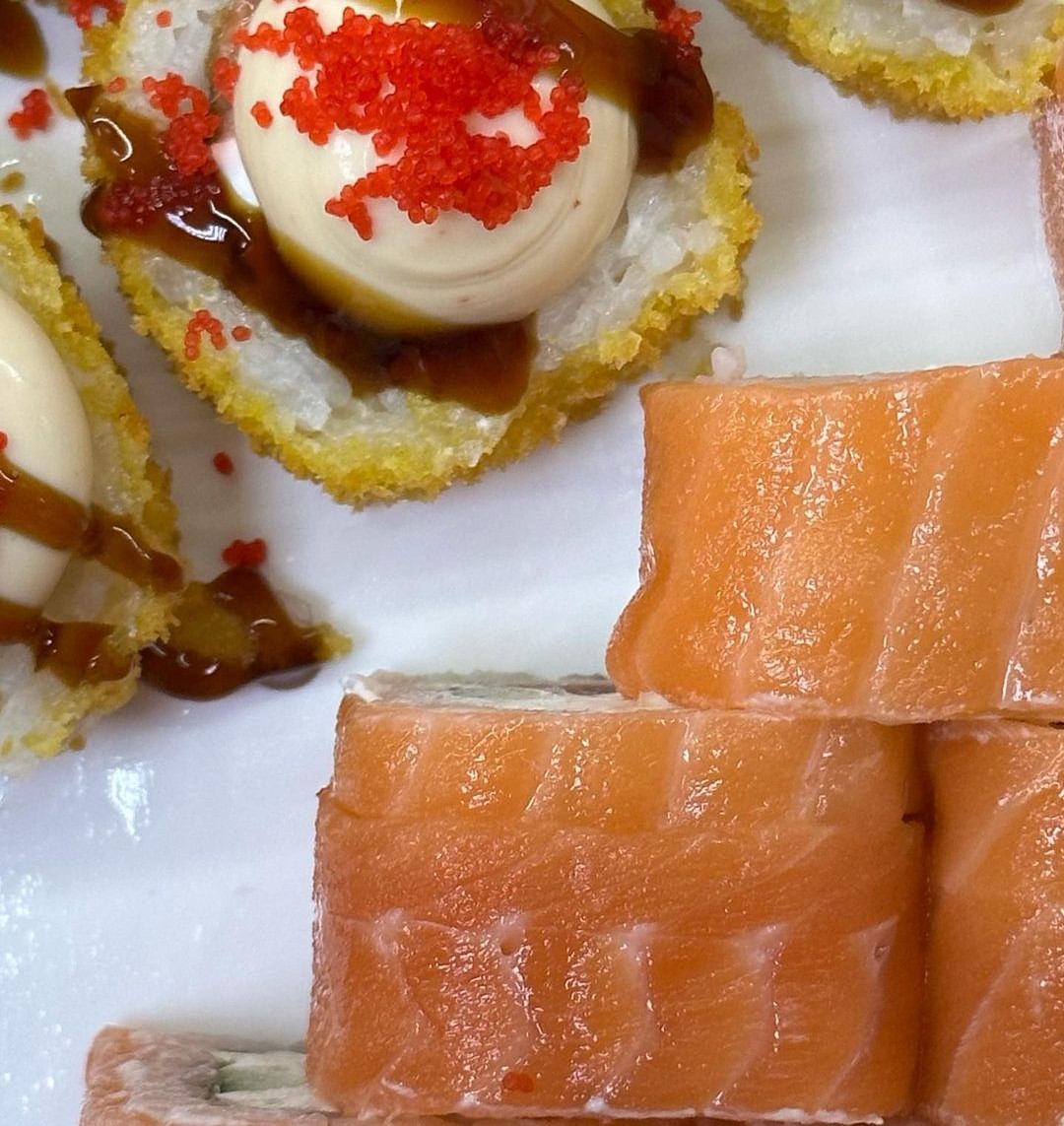
- Seaweed : Rich in vitamins, minerals, and antioxidants, seaweed is known for its potential anti-inflammatory and anti-aging properties. Humans have a long history of cultivating seaweeds for their uses. In recent years, seaweed farming has become a global agricultural practice, providing food, source material for various chemical uses.

- Tofu (paneer): A versatile diary product that is low in calories and rich in protein, calcium, and other nutrients beneficial for bone health and muscle strength.
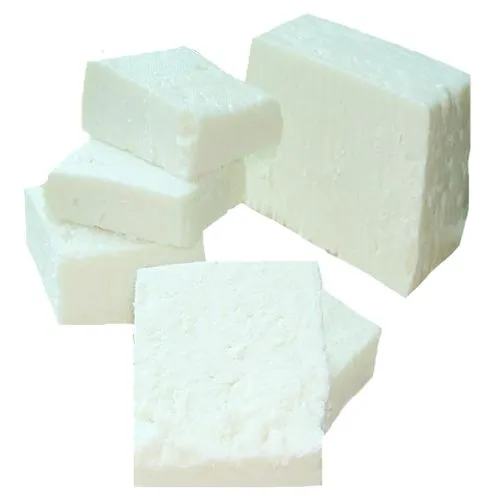
- Miso soup: Made from fermented soybeans, miso soup contains probiotics that support gut health and may boost the immune system.
- Salmon Fish: Another source of omega-3 fatty acids, salmon fish is beneficial for heart health, brain function, and may help maintain youthful skin.

- Edamame : Young soybeans rich in protein, fiber, and various vitamins and minerals, which support overall health and may contribute to a youthful appearance.
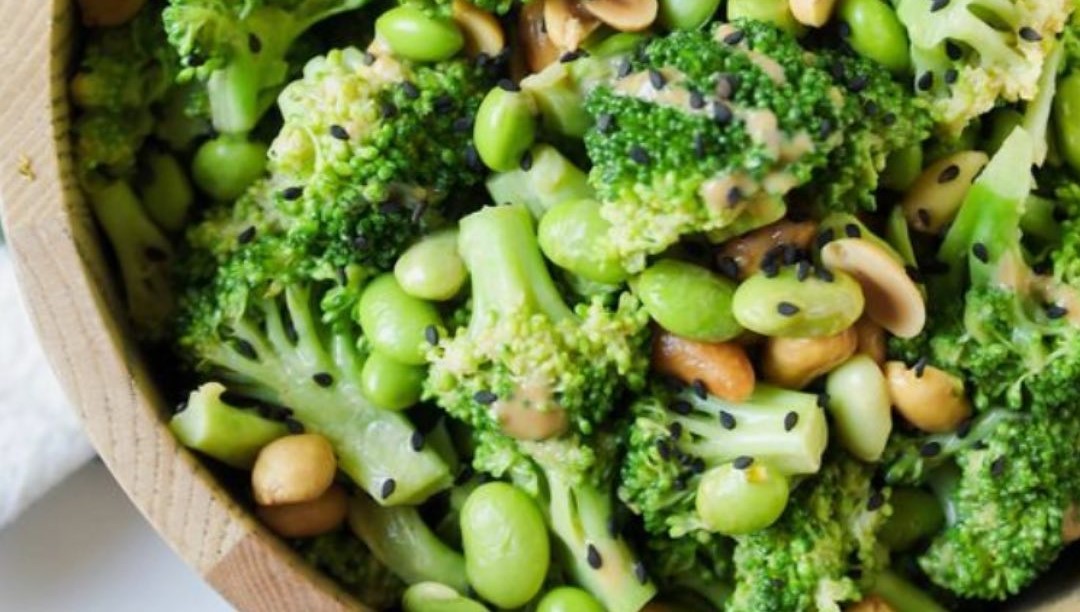
- Shiitake mushrooms: This mushrooms contain compounds like lentinan and beta-glucans, which have immune-boosting properties and may have anti-aging effects.
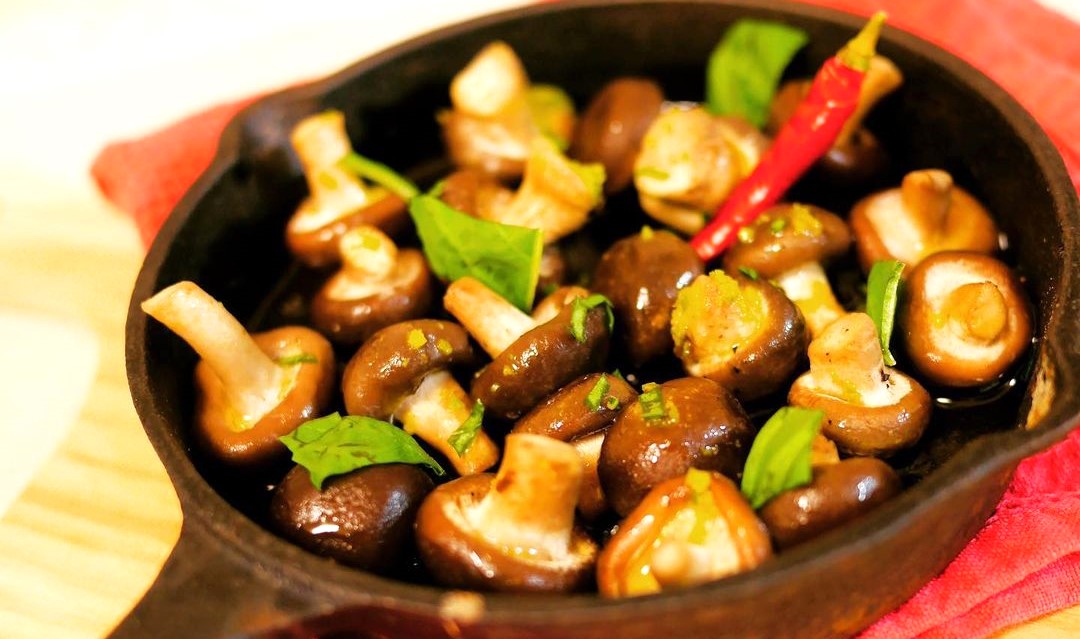
- Yogurt: While not traditionally Japanese, yogurt has become a popular part of the diet due to its probiotic content, which supports digestive health and may have other positive effects on overall well-being.
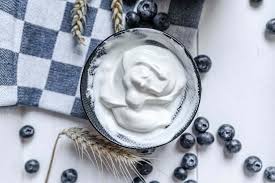
Incorporating these foods into your diet, along with a balanced lifestyle that includes regular exercise and sufficient sleep, may help support a healthy and youthful body and mind.
food will kill if don’t eat hygienic food .
with out food no living things can alive. but food also harmful for us if we not eat proper way. Food can cause harm in various ways, leading to illness or even death in extreme cases. Here are some ways food can be harmful:
- Foodborne Illnesses: Consuming food contaminated with bacteria, viruses, parasites, or toxins can lead to food poisoning. Symptoms range from mild gastrointestinal discomfort to severe dehydration, organ failure, and death in extreme cases.
- Allergic Reactions: Some people have severe allergies to certain foods like peanuts, shellfish, or dairy. Ingesting even a small amount of these allergens can trigger an allergic reaction, ranging from mild itching and hives to anaphylaxis, a life-threatening condition.
- Chronic Diarrhea : the main reason of chronic diarrhea is unhygienic food consume. those food have germs or other harmful things makes it food poison.
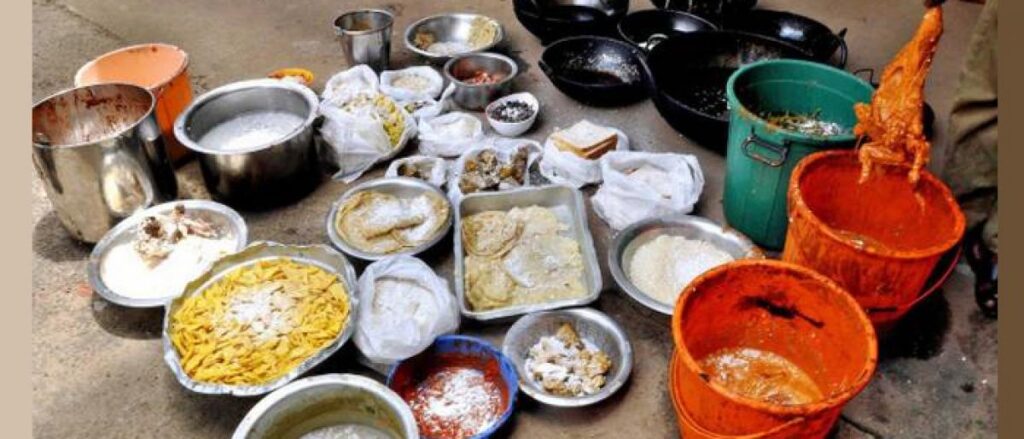
Maintaining good hygiene while consuming food is crucial for preventing illnesses. Here are some steps to ensure hygienic food consumption:
1. Wash Your Hands With Handwash: Always wash your hands thoroughly with soap or handwash and water before handling food or eating. This helps to remove any bacteria or germs that may be on your hands.

2. Clean Eating Surfaces: Before preparing or consuming food, make sure that the surfaces such as tables, countertops, and cutting boards are clean. Use hot, soapy water to clean them.
3. Use Clean Utensils: Ensure that utensils such as forks, knives, and spoons are clean before using them to handle food.
4. Store Food Properly: Store perishable foods in the refrigerator or freezer promptly after purchasing or preparing them. Keep raw meats separate from other foods to avoid contamination.
5. Avoid Eating Spoiled Food: Discard any food that looks or smells spoiled, as consuming spoiled food can lead to food poisoning.
6. Clean Fruits and Vegetables: Rinse fruits and vegetables thoroughly under running water before consuming them to remove dirt, bacteria, and pesticides.
7. Check Expiry Dates: most common mistake to about aware. Before consuming any packaged foods, check the expiration date to ensure they are safe to eat.
By following these steps, you can minimize the risk of foodborne illnesses and ensure that the food you consume is safe and hygienic.

